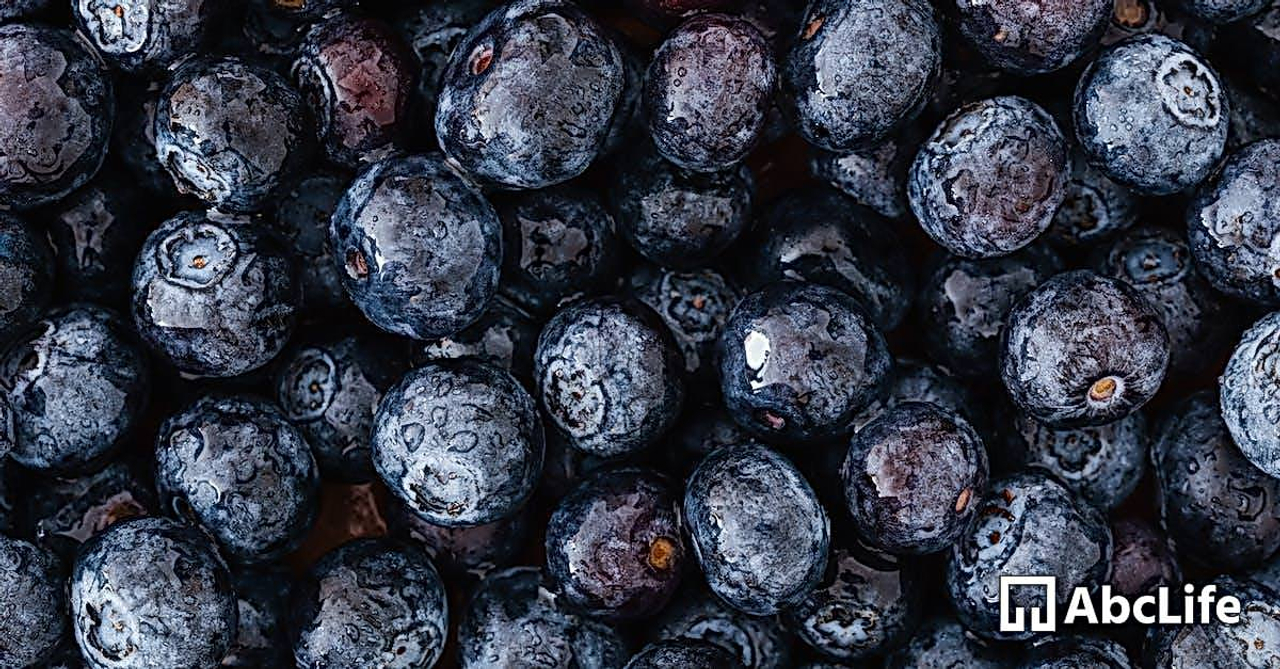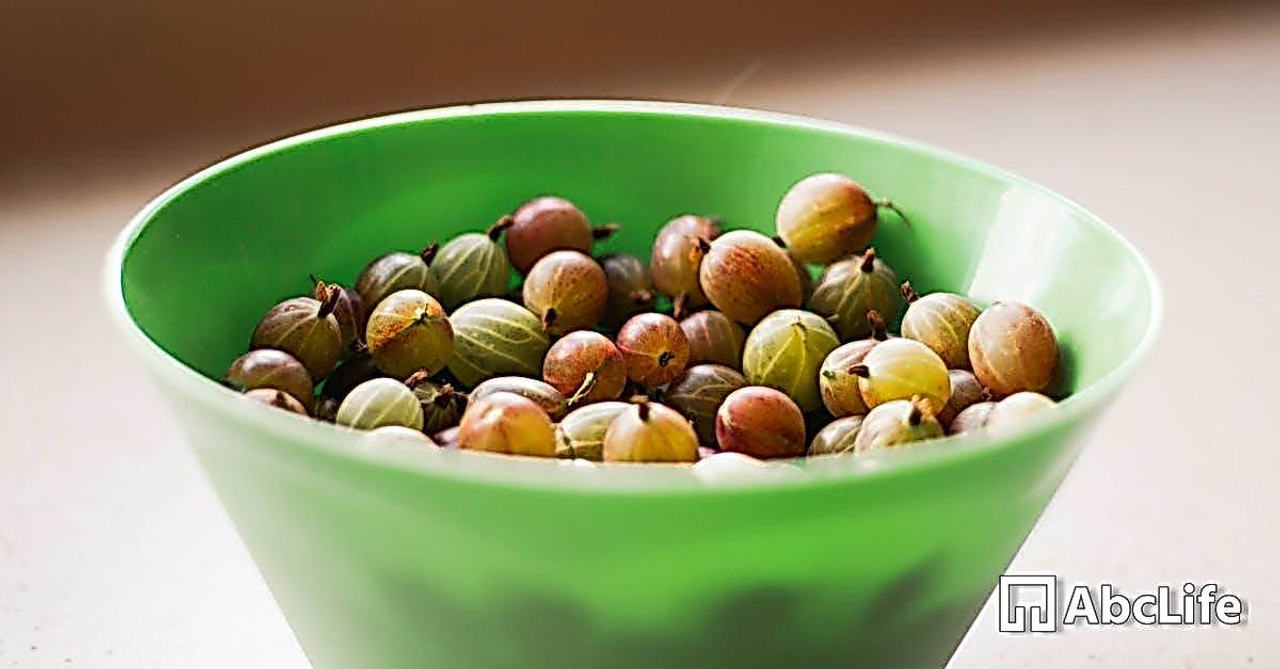Do you want to improve your overall health and well-being? Take a look at your plate! Including the right foods in your diet can have a significant impact on your health. In this article, we'll look at the top seven foods to eat every day to improve your overall health.
These foods are packed with the nutrients and antioxidants your body requires to function at its best, from lowering your risk of chronic disease to increasing your energy levels. So, whether you're a health-conscious person or just looking to make some minor dietary changes, keep reading to learn about the top 7 foods for optimal health and wellbeing.
Leafy Greens: A Powerhouse of Nutrients

Leafy greens are among the most nutrient-dense foods available. Because these greens are high in vitamins, minerals, antioxidants, and fiber, they are an essential part of a healthy diet. Greens such as kale, spinach, collard greens, and Swiss chard are some of the best options.
Leafy greens are not only low in calories, but they also contain a variety of beneficial compounds. These compounds have been shown to aid in the reduction of inflammation, the prevention of chronic diseases such as heart disease and certain types of cancer, and the promotion of healthy digestion. Furthermore, leafy greens are an excellent plant-based source of calcium, which is essential for strong bones and teeth.
Adding leafy greens to smoothies or salads is an easy way to incorporate them into your diet. They can also be sautéed as a side dish or mixed into stir-fries. Consuming these greens on a regular basis can improve your overall health and well-being.
Berries: The Nutrient Powerhouses You Should Include in Your Diet

Berries are small, colorful fruits that are high in flavor and nutrient content. They are high in antioxidants, vitamins, and minerals and are one of the healthiest foods you can eat.
Blueberries, strawberries, raspberries, blackberries, and cranberries are some of the most commonly available berries on the market. They are low in calories, high in fiber, and low in fat, making them an excellent snack option for dieters.
Berries have been shown in studies to help reduce inflammation, improve digestion, lower blood pressure, and improve brain function. They are also known to have anti-cancer properties and can aid in the prevention of a variety of chronic diseases, including heart disease and diabetes.
Berries should be at the top of your list if you want a healthy and delicious snack that will give you a nutrient boost. You can eat them fresh or frozen, in cereals, smoothies, or salads, or simply as a snack on their own.
Nuts and Seeds: Small but Potent Health Foods
Nuts and seeds are high in essential nutrients and antioxidants, which have numerous health benefits. They are not only delicious, but they also have a number of health benefits when included in your daily diet.
Nuts:
Several studies indicate that eating nuts on a regular basis may reduce the risk of heart disease, improve cholesterol levels, regulate blood sugar, and even reduce inflammation. They are high in protein, fiber, healthy fats, vitamins E and B6, as well as minerals like magnesium and phosphorus.
Almonds, walnuts, cashews, and pistachios are some of the best nuts to eat every day. You can eat them as a snack, sprinkle them on salads, or add a protein boost to your morning smoothie.
Seeds:
Seeds have numerous health benefits, ranging from the prevention of chronic diseases to the enhancement of immunity. They are high in healthy fats, plant-based protein, fiber, vitamins, and minerals, all of which are necessary for good health.
Chia, flax, hemp, pumpkin, and sunflower seeds are all high in nutrients. You can sprinkle them on oatmeal, yogurt, or salads, or use them in baking as a gluten-free flour substitute.
To summarize, nuts and seeds are small but powerful foods that can benefit your health in a variety of ways. Incorporating them into your daily diet can be a simple and tasty way to improve your health.
Whole Grains: The Ultimate Food for Your Health
Whole grains have become increasingly important in the eyes of health experts in recent years. Whole grains are unrefined grains that have not been stripped of important nutrients like fiber, vitamins, and minerals.
Whole grains are an important component of a healthy diet because they can help lower the risk of heart disease, stroke, and obesity. They are also high in complex carbohydrates, which provide long-lasting energy and aid in the proper functioning of the brain and muscles.
Whole grains come in a variety of varieties, including brown rice, quinoa, oats, whole wheat, and bulgur. It is simple to incorporate whole grains into your daily diet. Begin by replacing refined grains like white bread, pasta, and rice with whole grain alternatives.
Read labels carefully and choose products that contain 100% whole grain, as some brands use terms like "multigrain" or "wheat" that can be misleading. You can reap the incredible health benefits of whole grains by making small changes to your diet.
Fatty Fish: A Nutritional Powerhouse that Improves Your Health
Fatty fish like salmon, sardines, herring, and mackerel are high in essential nutrients that can improve your health. These cold-water fish are high in omega-3 fatty acids, which are essential for heart, brain, and joint health. Regular consumption of fatty fish has been linked to a lower risk of heart disease, stroke, hypertension, depression, and a variety of other chronic diseases.
In addition to omega-3 fatty acids, fatty fish are high in protein, vitamin D, selenium, and other minerals. Protein is necessary for tissue building and repair, whereas vitamin D and selenium are required for optimal immune function, bone health, and thyroid function. Furthermore, the high levels of antioxidants and anti-inflammatory compounds found in fatty fish can protect your cells from the damage and inflammation associated with aging and disease.
It is simple to incorporate fatty fish into your diet and can be done in a variety of ways. Grill or bake fish fillets, toss canned fish in a salad, or supplement with fish oil. To reap the most benefits, consume fatty fish at least twice a week.
Cruciferous Vegetables: A Nutrient Powerhouse for Better Overall Health
Arugula, bok choy, broccoli, Brussels sprouts, cabbage, cauliflower, collard greens, kale, radishes, and turnips are all examples of cruciferous vegetables, also known as brassicas. These vegetables are high in essential vitamins and minerals, as well as plant-based compounds with numerous health benefits.
Cruciferous vegetables, in particular, are high in vitamin C, vitamin K, folate, and dietary fiber. They also contain plant compounds known as glucosinolates, which when chewed, cut, or digested, are converted into active compounds such as indoles and isothiocyanates. These bioactive compounds aid in the activation of various detoxification enzymes in our bodies, the detoxification of harmful substances, and the provision of antioxidant benefits.
Overall, including cruciferous vegetables in your diet on a regular basis can help you maintain a healthy weight, lower your risk of several chronic diseases such as cancer, heart disease, and diabetes, and promote overall health.











